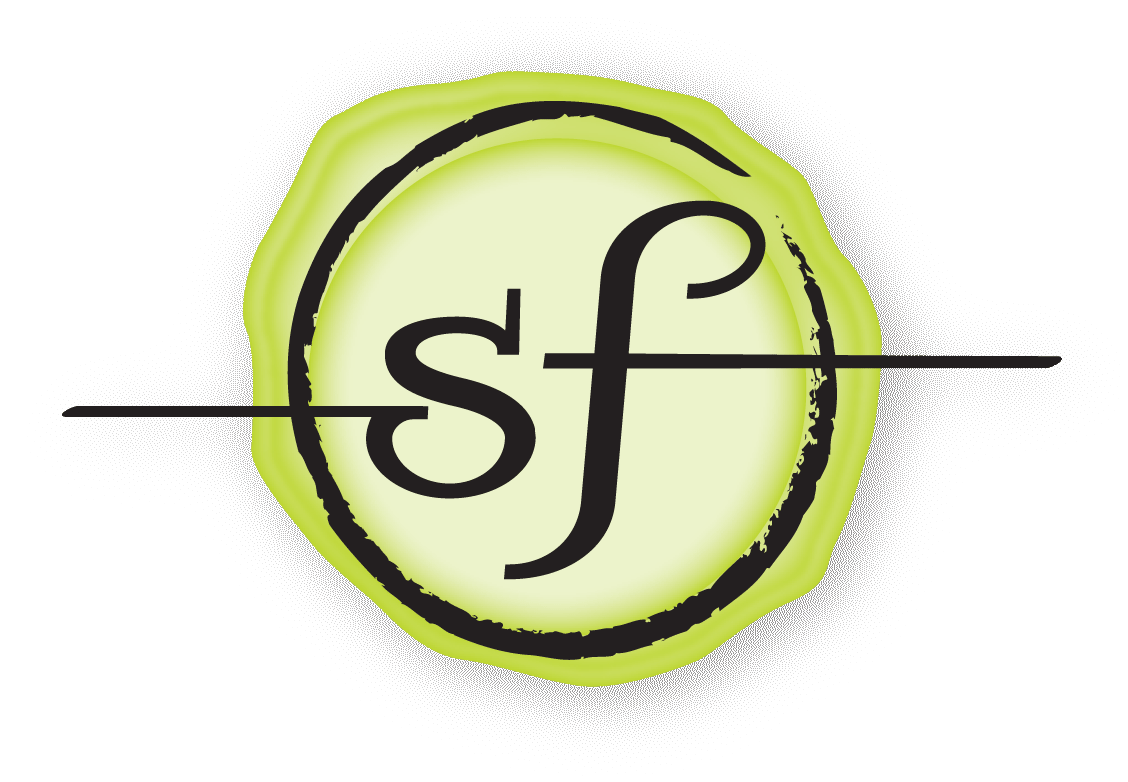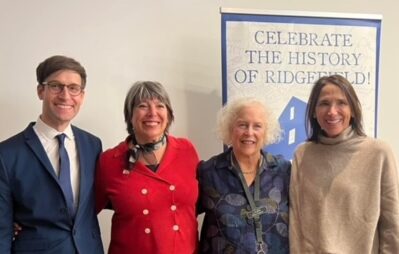Although my work involves a significant amount of travel, I do my best to group various trips together, to cut down on the environmental impact and the time spent in transit. A trip I took earlier this month gives a good example of what that can look like. It also offers a glimpse at some of my current projects.
On this particular trip, I gave five talks in the course of three days.
“How a Place Tells a Story: A National Historic Landmark Nomination of the Lucy Diggs Slowe House,” with Kathryn Smith, National Park Service, at Howard University, Washington, DC. As part of the National Historic Landmark nomination I’m writing for the Lucy Diggs Slowe House, Kathryn Smith of the National Park Service and I gave a presentation to the Howard University Department of History, introducing the NHL program to students and specifically discussing the nomination of the Slowe House. Lucy Diggs Slowe was the first dean of women at Howard University and is significant for her impact on US higher education, for her advocacy of gender equality, and for the battle she waged against Howard to retain her right to live off-campus with her female partner, educator Mary Burrill.
Virtual Careers Happy Hour for Indiana University Graduate Students, featuring IU alumna Deborah Kraus, Senior Director of Global Experience at the Kellogg School of Management, Northwestern University. The evening after my presentation at Howard, I hosted a virtual careers happy hour for Indiana University graduate students. This event is part of a monthly career series I coordinate, aimed at demonstrating the range of careers available to people with graduate degrees in the liberal arts. We do this by inviting alumni of the Indiana University Department of History graduate program (which sponsors the series) to speak to attendees about their career journey in a casual, conversational setting.
“Intemperate Habits: LGBTQIA+ History from a Connecticut Perspective,” Ridgefield (CT) Library. After my presentation in DC, I traveled to Connecticut to help kick off the Ridgefield LGBTQIA+ Oral History Project. This is a great project put together by the Ridgefield Historical Society, which aims to teach young people about historical research by pairing them with LGBTQIA+ community elders and having them conduct oral history interviews. These recorded interviews will then become part of the Ridgefield Historical Society archival collection. At the project’s kick-off event, I gave a public talk describing the role that the state of Connecticut has played in the larger story of US LGBTQIA+ history.
“The House of the Furies,” National Historical Landmark Advisory Committee, virtual meeting. The Furies were a 1970s lesbian feminist collective in Washington, DC, whose short-lived newspaper, also called The Furies, articulated much of the theoretical underpinnings of lesbian separatism. The house in which the women lived and produced the newspaper is now being considered for designation as a National Historic Landmark. I wrote the nomination for this designation, under contract from the National Park Service, and in November I attended the National Historic Landmark Advisory Committee meeting to present the argument for the Furies’ historical significance before the committee. The committee then discussed and voted on the nomination, and I’m pleased to say they have recommended the site for National Historic Landmark designation.
Oral History Workshop, Ridgefield (CT) LGBTQIA+ Oral History Project. As another part of the Ridgefield LGBTQIA+ Oral History Project kick-off, I facilitated a two-hour workshop for student volunteers on best practices for conducting oral history interviews. At this event, I strove to ensure that the students understand the role of oral histories in preserving the LGBTQIA+ past for future generations and that they have a plan for moving forward with this community oral history project.

